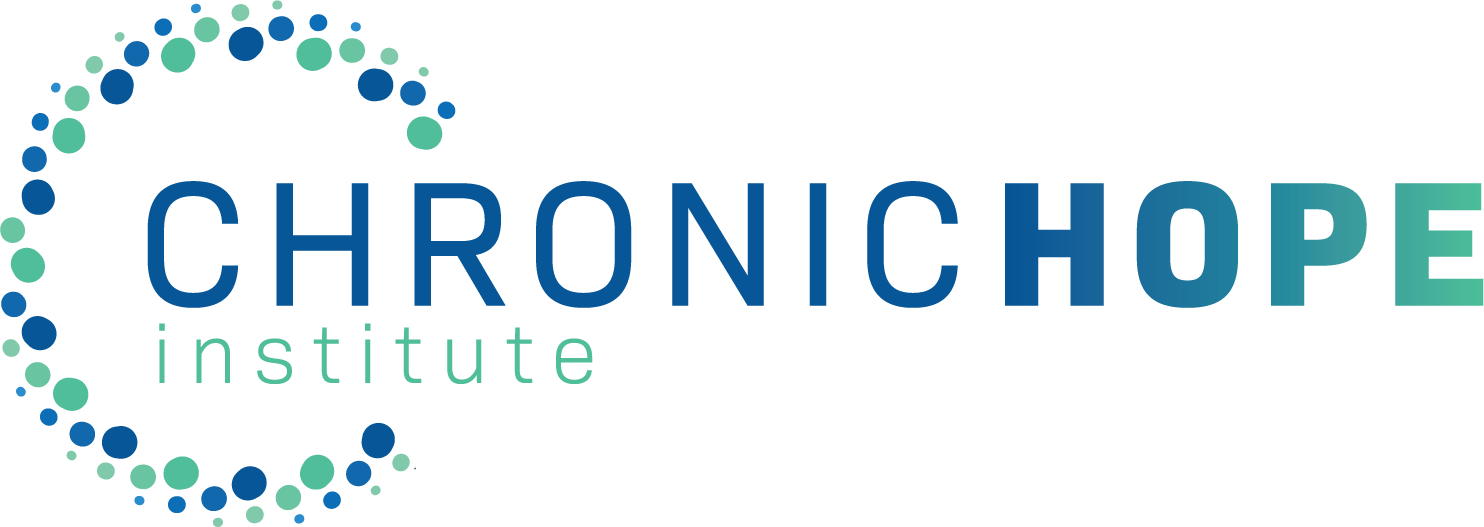It’s no surprise that in today’s world, there are many ways kids can get access to substances. While school, part-time work and older friend groups may be a few obvious places, more and more kids across the nation are experimenting and abusing substances.
As a parent, you want what’s best for your kid’s future. But before becoming a helicopter parent and searching through your kid’s backpack, cell phone or laptop, here are a few things to know:
Experimenting vs. Abusing
A kid who’s experimenting with substances may get caught in school, receive a curfew violation or “Minor in Possession” (MIP) ticket and won’t do it again after a stern talk and clear consequences. A child facing that kind of problem will get his or her act together quickly as minor experimentation can be controlled. For example, he tried some marijuana at a party but didn’t try it again, or she was sneaking beer with a friend and realized it isn’t her thing. These are instances in which the child can exhibit self-control. The important thing for parents to see: the difference between experimenting and abusing.
A kid who is experimenting typically has a good track record. The critical thing to understand is that kids who are experimenting can take it or leave it alone, as they don’t feel the need to continue experimenting after they have been caught and experienced the consequences. Their grades stay the same; they have the same peer group and friends; and their behavior at home is the same. And key to helping a child who is experimenting is having parents who show consistency in consequences.
And the good news? In my experience, 80-90% of kids who are caught experimenting will generally abide by their parents’ rules and maybe test their parents’ tolerance once or twice.
It’s the other 10-20 percent of children fall into a potential addiction category. These are kids who continually test the boundaries, hoping their parents will grow tired of trying to hold them accountable with consequences.
Signs to look for.
Some signs to look for if you suspect your child may be in this category are new friends that are very unlike their old friends, changes in academic performance, quitting sports or other activities, and isolating in their rooms when they come home. These are all reasons for the parents to explain their concern to their child and say if their child doesn’t follow the rules, “I love you and we are going to start drug testing you.”
Unacceptable experimentation or abuse begins the moment a child uses drugs or alcohol to excess every time they try it. It’s likely your child will be reluctant to tell you the truth about their substance abuse because they have a fear of being reprimanded or grounded.
What really is substance abuse?
In the 12-step world of recovery, once a person starts using and cannot control the amount of a substance being used and cannot stop or avoid using, there’s a problem. I know that is not what the Diagnostic Service Manual says, but I like things to be as simple and as direct as possible. Substance abuse is not just about using substances, but also how the substance affects one’s life whether one is or isn’t using a substance. Ask yourself, Is my life or my kid’s life unmanageable?
An unmanageable lifestyle can be described as any of the following:
- Struggles at work or school or getting to work or school
- Issues with maintaining relationships with my friends and family
- Poor time management
- Delinquent financial maintenance or paying my bills on time
- Living an unhealthy lifestyle
- Poor Hygiene
- Feelings of depression, anxiety and uselessness
As a parent, look for a change in your child’s social circles, their grades, their dating patterns, their sleep patterns, and any changes in their routine. These are some signs that all may not be well with your child and that it is time for you to intervene and find out what has really been going on.


Recent Comments